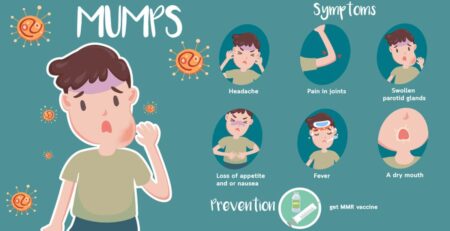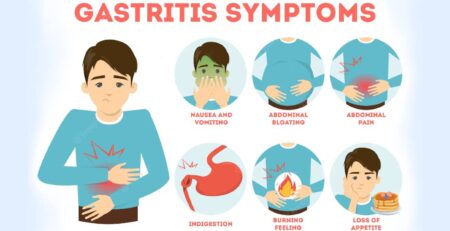Constipation in Children
Overview
Constipation is a common problem faced by children. Constipation is a condition in which child has hard, dry and infrequent stools.
Mostly constipation results from changes in diet and early toilet training. But fortunately most get relief by diet changes and short course of medications.
Symptoms
Symptoms that suggest constipation in children include:
- Less than three bowel movements a week
- Stools that are dry, hard and passes with difficulty
- Pain while passing stools
- Pain in abdomen
- Bleeding while passing stool on surface of the stool
- Reduced Appetite
- Signs suggestive of stool holding like – Crossing legs, Clenching buttocks, Twisting body or Making faces when attempting to hold stool.
Causes
Constipation can occur due to various factors, including:
- Withholding. Children often withhold the urge to pass stools, like they may withhold to avoid taking break from play or if they are away from home and uncomfortable in new environment. Some children who are constipated may withhold if stools are generally painful to avoid the distressing situation.
- Toilet training. Toilet training of children need to be done at an appropriate timing. Training when child is not ready may cause child to hold stools and cause constipation. (Read more about toilet training at https://www.shishuchildclinic.com/when-to-start-toilet-training/ )
- Diet changes. Child’s diet should have enough fibres rich food items like fruits and vegetables and fluids. Diet less in these will lead to constipation in children. Changing from all liquid diet to solids may also cause constipation in infancy.
- Routine Changes. Any change in the daily routine of the child — such as travel, weather or any mental or physical stress — can also cause constipation.
- Medications. Certain medicines including some cough syrup have a tendency to cause constipation.
- Cow’s milk allergy. Cow’s milk allergy and too much consumption of dairy products may also lead to constipation.
- Family history. Due to similar genetic and environmental factors child may develop constipation if any family member has similar problems.
- Medical conditions. Rarely, constipation in children indicates an anatomic malformation, a metabolic or digestive system problem, or another underlying condition.

Risk factors
Constipation is more frequently found in children who
- Have a sedentary lifestyle
- Don’t eat enough fibres
- Don’t drink enough fluids
- Take certain medications
- Have a medical condition affecting the anus or rectum
- Have a neurological disorder
Complications
Constipation in children is usually not very serious. However, if it becomes chronic it may lead to haemorrhoids, anal fissures, rectal prolapse or encopresis (involuntary passage of stools)
Prevention
To help prevent constipation in children:
- Consume High Fibre Food. Give food high in fibres content such as fruits, vegetables, beans, and whole-grain cereals.
- Drink plenty of water.
- Increase regular physical activity.
- Toilet routine. Set a define “Toilet Time” ideally after breakfast meals wherein child need to go to the toilet irrespective of the urge to pass stools.
- Review medications. If your child is taking a medication that causes constipation, ask his or her doctor about other options.
Treatment
If preventive measures fail few medications may be prescribe by your doctor like fibre supplements, Glycerine or laxative suppositories, Laxative medication or enema.
Dr. Ankit Agarwal (MD Paediatrics, New Born and Child Specialist) is working in this field for last more than 10 years. For more information or for appointment call 90935-90936












